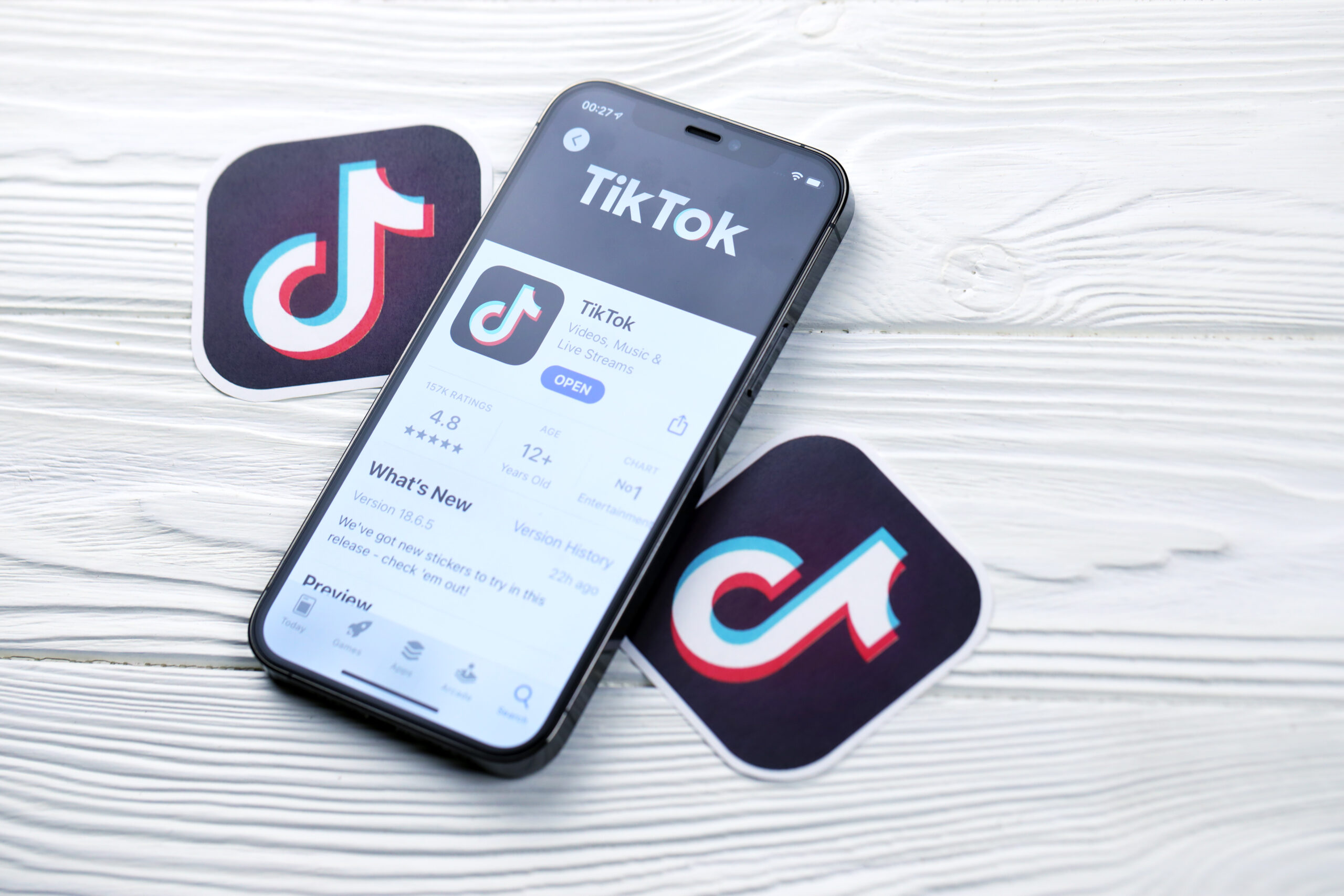The marketing landscape is constantly evolving, and staying ahead of the curve is crucial for businesses of all sizes. Here are five key trends to watch in 2025:
-
The Rise of AI-Powered Personalisation
AI is not just a buzzword, but a game-changer in the marketing landscape. It’s revolutionising the way marketers personalise customer experiences. With AI-powered tools, we can now analyse vast amounts of data to understand customer preferences, behaviours, and needs. This allows us to deliver highly targeted messages and offers that resonate with each customer on a deeper level. The rise of AI-powered personalisation is a trend to watch in 2025, as it will enable us to deliver highly personalised experiences at scale.
Forbes emphasises the growing importance of personalised customer experiences. Casey Gannon, VP of Marketing and Technology Partnerships at Bold Commerce, predicts AI will play a crucial role in 2025 and beyond, enabling marketers to deliver highly personalised experiences at scale.

Key takeaways:
- Personalisation is no longer optional: Consumers expect tailored interactions.
- AI is the key: It allows for efficient and cost-effective hyper-personalisation.
- Expect AI evolution: Shift towards sophisticated machine learning for deeper customer insights.
- Benefits across the customer journey: From targeted ads to personalised recommendations and checkout.
-
The Power of Social Commerce
Social commerce is not just a trend, it’s a revolution. In 2025, we’re witnessing the convergence of social media and e-commerce, with platforms like Instagram, TikTok, and Facebook transforming into vibrant marketplaces. This shift is empowering businesses to connect with customers directly in the spaces they already frequent, fostering deeper engagement and driving impulse purchases. The future of shopping is here, and it’s exciting.
Key focus areas:
- Platform-Specific Strategies: Understand the nuances of each platform. TikTok thrives on short, entertaining videos; Instagram excels at visually appealing content and influencer marketing; Facebook offers a broader reach and detailed targeting options. Tailor your approach accordingly.
- Interactive Content: Go beyond static posts. Utilise live shopping events, interactive filters, shoppable videos, and user-generated content (UGC) campaigns to create dynamic and engaging experiences.
- Seamless Checkout: Simplify the buying journey by integrating e-commerce platforms with social media to allow for quick and easy purchases within the app.
- Data-Driven Insights: Leverage social media analytics to track campaign performance, understand customer behaviour, and refine your strategies for maximum impact.
- Authenticity and Community: Build genuine connections with your audience. Encourage user-generated content, respond to comments and messages, and foster a sense of community around your brand.
-
The Focus on Sustainability and Ethical Marketing
Consumers are increasingly concerned about environmental and social issues and are more likely to support brands that align with their values. Sustainable marketing practices, such as eco-friendly packaging, ethical sourcing, and transparent supply chains, will become increasingly important in 2025.
Bit Quirky emphasises the growing importance of environmental considerations in marketing strategies. The consultancy advises brands to prioritise eco-conscious practices, such as utilising energy-efficient servers for websites, minimising excessive digital ad retargeting, and opting for eco-friendly materials in their print marketing collateral.
Furthermore, Bit Quirky stresses the need for authentic communication surrounding these efforts. Highlighting environmental commitments without genuine action, a practice known as “greenwashing,” is likely to backfire.
-
Omnichannel Marketing

Omnichannel marketing is a customer-centric approach that integrates various channels—online and offline—to create a seamless and consistent brand experience. This means that whether a customer interacts with a brand through its website, social media, email, physical store, or any other touchpoint, they encounter a unified brand message and consistent service.
Omnichannel marketing aims to provide a cohesive and personalised experience across all channels, allowing customers to engage with a brand on their own terms and at their convenience. This integrated approach fosters stronger customer relationships, enhances brand loyalty, and drives business growth.
-
The Metaverse and Immersive Experiences

While still in its early stages, the metaverse has the potential to revolutionise the way brands connect with customers. Immersive experiences, such as virtual reality (VR) and augmented reality (AR), can create unique and unforgettable brand interactions.
By staying informed about these trends and adapting their strategies accordingly, marketers can ensure that their brands remain competitive and thrive in the ever-evolving marketing landscape.


